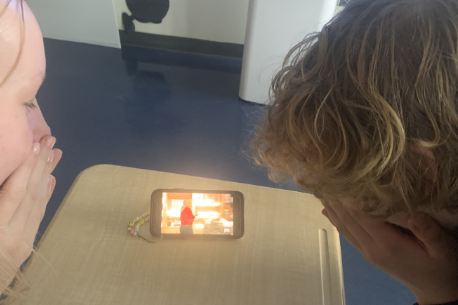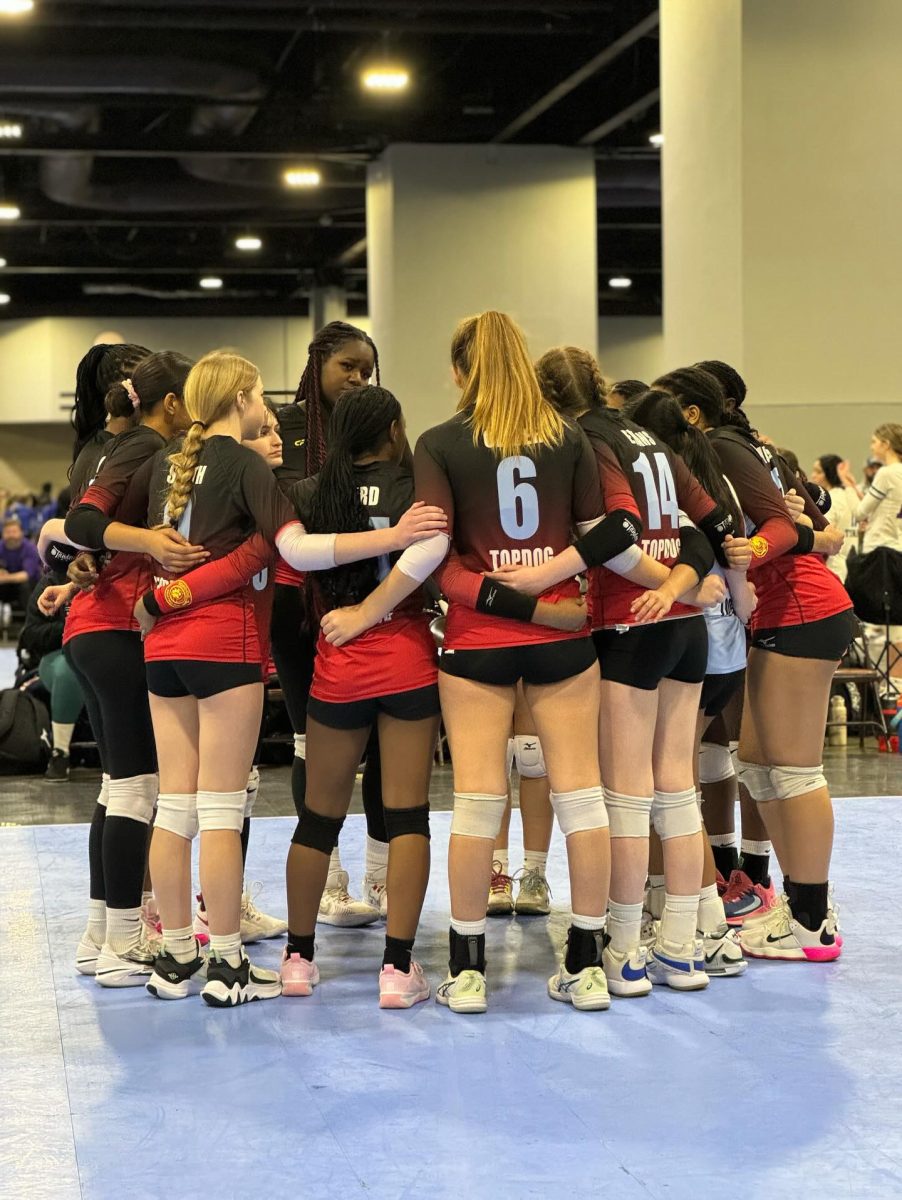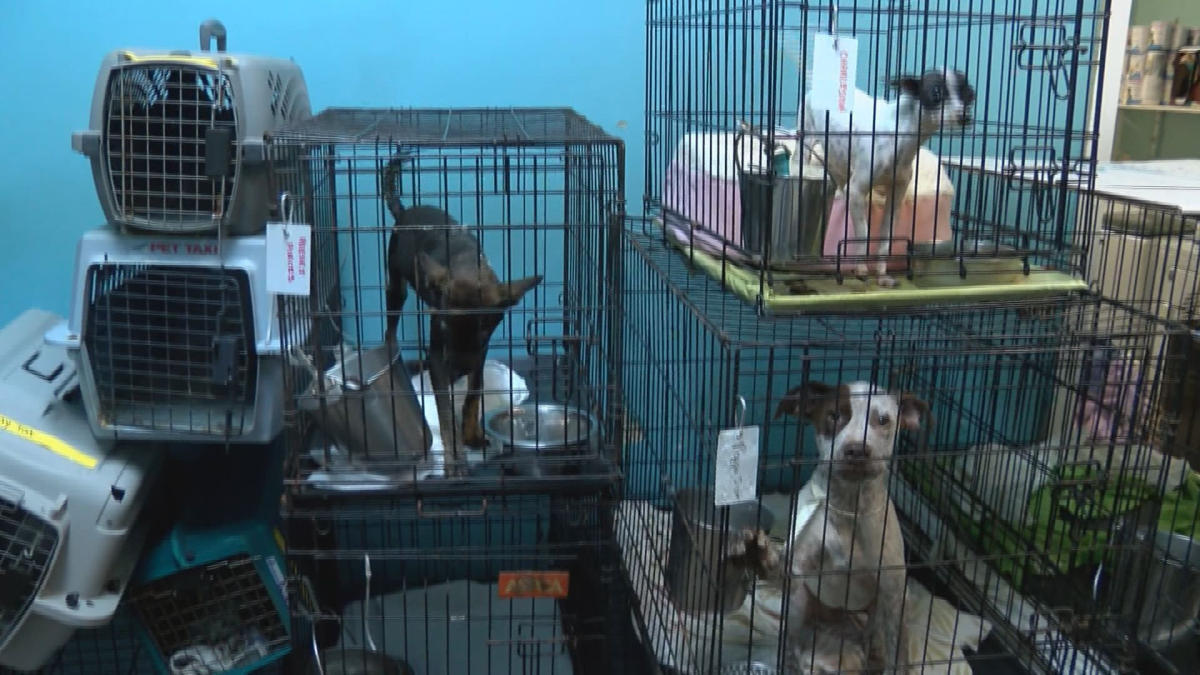You may have seen an Instagram post asking people to adopt animals due to the shelter being over its capacity, or heard about shelter overcrowding on the news recently. Shelter overcrowding occurs when there are too many pets, so the facility is at or over its capacity. In the past few years, this has become an especially recurring problem, with some shelters even being in this state for months on end.
According to LifeLine Animal Project, a metro Atlanta-based nonprofit, 2023 has “been one of the most difficult in LifeLine’s 21-year history,” causes of which include higher summer intake, less adoptions occurring, and staff shortages.
When visiting another organization, FurKids, at their dog shelter to volunteer this past summer, I was also informed that because of Georgia’s proximity to areas affected by hurricanes and other natural disasters, intakes often spike following these events. For example, after Hurricane Ian in 2022, a lot of animals were displaced, either becoming separated from their owners during the storm or given up because they could no longer be cared for. Because of Georgia’s location between the most affected areas—Florida, the Carolinas, and Cuba—pet shelters like FurKids were destinations for many of these animals.
For no-kill shelters, or shelters that maintain at least a 90% placement rate for animals in their care, overcrowding can be a greater dilemma. Because of the no-kill policy, euthanasia is typically a last resort, but may have to be used more often due to the sheer amount of animals and lack of space and resources to accommodate them all. Once shelters run out of housing space, they have to turn away new animals, typically only taking emergencies.
Even as recently as September 2023, the DeKalb County Animal Shelter asked the public for help in housing 250 dogs who otherwise could be euthanized due to space restraints. According to an interview with WSB-TV, the shelter stated that while 10 to 20 animals come to their shelter daily, only about eight are adopted per day, creating a net increase in animals housed by the shelter.
Additionally, even if shelters continue to take in new animals despite space issues, conditions for the animals risk becoming compromised, from sanitation to cage size to availability of food and other resources.
Some shelters, such as FurKids, are working on creating a larger facility to house more animals. At their headquarters in Cumming, the organization is finishing up construction on a new building for both dogs and cats. However, this isn’t a solution that all shelters are able to apply, both logistically and financially.
To help address this problem, you can foster an animal—temporarily keeping them to provide them with care and a living space outside of the shelter, adopt a new pet, volunteer at local shelters and rescues, donate money/supplies, and spread awareness about shelter overcrowding. Even discussing this issue, encouraging others to adopt, and sharing/reposting shelters’ content to your social media can make a difference!












